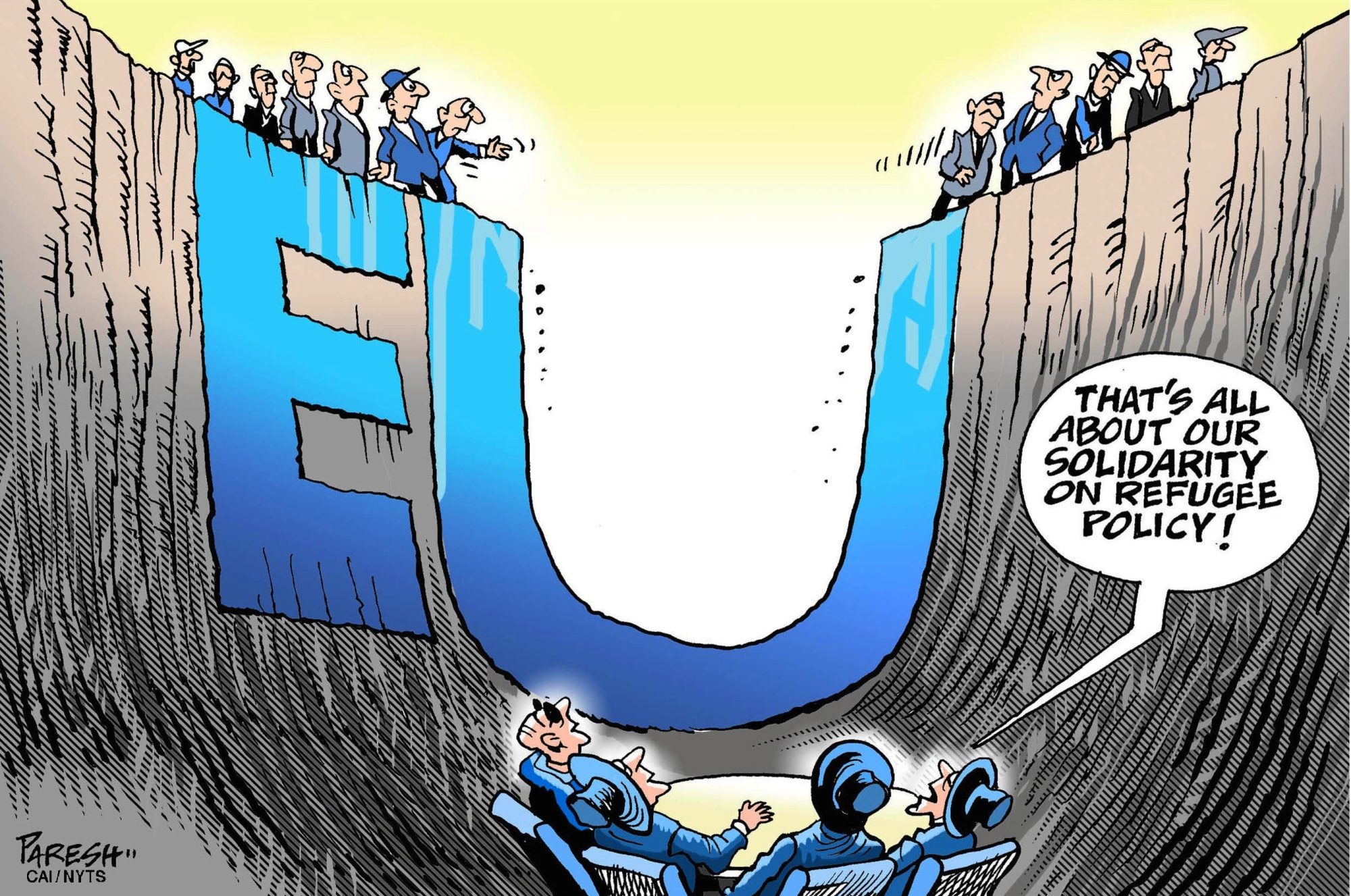There are four pillars of globalization and economic interdependence: trade, investment, migration and the flow of information, whether data or knowledge. But only two — trade and investment — are founded on relatively effective structures, buttressed by domestic consensus and international agreements. The other two — migration and information — are badly in need of similar frameworks.
Both amount to pressing challenges, though migration may be the most urgent issue, given the surge in recent years that has overwhelmed existing frameworks. And, indeed, efforts are underway to produce a new shared framework to manage the cross-border flow of people.
In September 2016, the United Nations launched a two-year process to produce the Global Compact on Migration by the end of 2018. "This will not be a formal treaty," says U.N. Secretary General Antonio Guterres, "nor will it place any binding obligations on states." What it is, he claims, "is an unprecedented opportunity for leaders to counter the pernicious myths surrounding migrants, and lay out a common vision of how to make migration work for all."

















With your current subscription plan you can comment on stories. However, before writing your first comment, please create a display name in the Profile section of your subscriber account page.